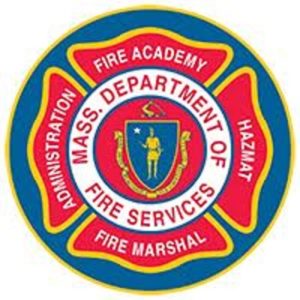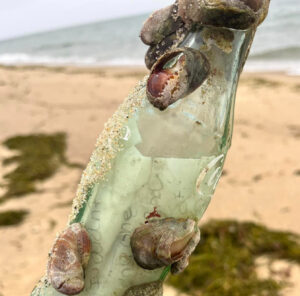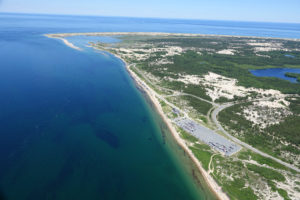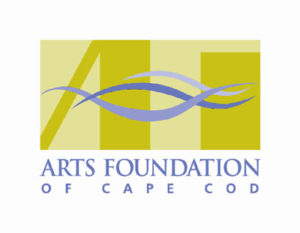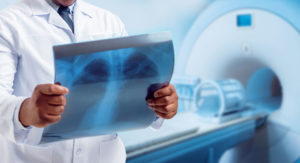 HYANNIS – Less than three years after it opened, Cape Cod Hospital’s state-of-the-art cardiac MRI lab has been recognized by a national radiology organization.
HYANNIS – Less than three years after it opened, Cape Cod Hospital’s state-of-the-art cardiac MRI lab has been recognized by a national radiology organization.
The accreditation by the American College of Radiology (ACR) means security for patients, said Dr. Tendoh Timoh, MD FACC, a Cape Cod Healthcare cardiac imaging specialist.
“It’s always good to have an accrediting body that is totally separate from your institution to recognize that this is good work and something that patients can reliably trust,” he said.
Achieving this accreditation is another way Cape Cod Healthcare is showing the owners of the healthcare system – the citizens of Cape Cod – that superior cardiac care is available right here, close to home, said Donald A. Guadagnoli, MD, chief medical officer for CCHC.
“It has been another opportunity to have an unbiased review by an external source to validate the expert care we provide to our patients,” he said.
About 100-150 patients a year receive diagnostic cardiac MRIs at Cape Cod Hospital, said Dr. Timoh, who was hired in 2016 in part because of his expertise in cardiac imaging. It’s rare for a community health organization to have this level of care, he said. “This is one of the few cardiac MRIs that is in a non-academic center.”
Cardiac magnetic resonance imaging is a noninvasive diagnostic scan that can help doctors evaluate the structure of the heart and how well it’s working. MRIs create images using a magnetic field and radio waves, instead of ionizing radiation used in X-ray imaging. Patients lie on a table that slides into the machine’s long tube. Once inside the tunnel, they must lie still, and are sometimes asked to hold their breaths for short periods. Some patients receive an intravenous contrast dye to enhance the images. The cardiac MRI can take about an hour during which the patients, technicians and doctors are able to talk with each other.
An MRI scan can help doctors diagnose heart issues in several ways. It provides a visual of the heart and any damage from a heart attack or disease. It pinpoints any scarring, or arrhythmia, that affects the heart’s rhythm. And, it shows the pumping efficiency of the heart and measures blood flow, highlighting any leaks or regurgitation.
The ACR, based in Reston, Virginia, is a nonprofit professional society with more than 38,000 member radiologists, medical students, medical physicists and radiation oncologists, according to its website. The group sets standards for education and care, and offers accreditation in many different imaging areas, such as breast, oncology and cardiology.
The peer accreditation process includes looking at equipment, protocols, image quality and the background and training for doctors and technicians. It’s valid for three years. At some point, accreditation may be required for hospitals to receive insurance reimbursement for procedures such as cardiac MRI, Dr. Timoh said.
Many places are hesitant to have an onerous peer review, he said, since accreditations don’t always go as hoped. But Cape Cod Hospital requested the review within months of setting up the cardiac program and are pleased with the results. Patients can now be assured Cape Cod Hospital’s cardiac MRI program is trustworthy since it has gone through a rigorous evaluation by a peer committee and met the requisite standards.
The accreditation is a public recognition for providing excellent, diagnostic quality imaging that will positively affect patient care.












